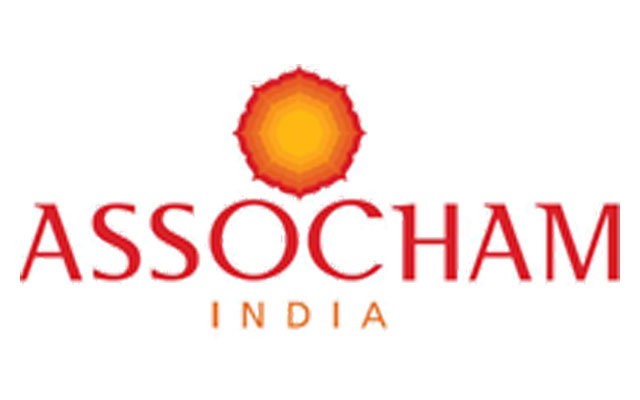
Fix GST rates for hydropower at par with wind and solar: ASSOCHAM plea
New Delhi, Dec 1 (IBNS): Apex industry body ASSOCHAM has urged the Centre to fix Goods and Services Tax (GST) rates for hydropower at par with wind and solar so that value added cost and tax are commensurate for all renewable power projects.
“Hydro projects attract 18 per cent GST for equipment and 28 per cent for cement while the same for solar is made five per cent Engineering, Procurement and Construction (EPC) which has a glaring additional cost impact on power produced from hydro projects,” noted an ASSOCHAM paper titled ‘Need for Hydropower in India – Industry Submission.’
It also said that EPC contracts for hydro should also be categorised under five per cent GST.
Currently, electricity at the consumer end or at discom end does not attract any GST and therefore the last leg of consumption of GST is with the generator.
The paper was released by Union Power Minister, Mr R.K. Singh at an ‘ASSOCHAM Round Table Discussion on Hydro Power in India,’ held here last evening.
Assuring the hydro power industry representatives of looking into the various issues and demands for development of the sector, Mr Singh also informed that Centre’s hydro policy was in final stages which would be sent for Cabinet approval within a fortnight.
Suggesting that transmission charges for hydro projects should be energy based, the ASSOCHAM paper highlighted that solar and wind get freewheeling for approximately 20 per cent plant load factor (PLF) while hydro projects have to pay transmission charges based on capacity.
It also recommended that states should waive free power requirement as that would reduce hydro tariff in initial years and make it more viable and competitive. Besides, hydro projects should be awarded on build, operate and own (BOO) basis for private sector instead on the basis of build own operate and transfer (BOOT).
Further, the ASSOCHAM paper suggested for payment security as given to solar projects to be extended to hydro which also requires firm power purchase agreement (PPA).
Though the hydro projects lead to development of remote locations and build a lot of social/enabling infrastructure around them, it burdens the project while same is not with other renewable generation, the paper noted.
“Thus social/enabling infrastructure cost should be funded by Hydro Development Fund or National Clean Energy Fund (NCEF) as defined in proposal to Expenditure Finance Committee (EFC) thereby limiting it to indicative list of projects in that proposal,” recommended the ASSOCHAM paper.
It added that government should extend support towards commissioned and under-construction projects by PPA through hydro purchase obligation (HPO) with cost plus or bidding through Solar Energy Corporation of India Ltd. (SECI) or Central Public Sector Undertakings (CPSUs).
In order to ensure that further projects do not suffer the same fate it should consider HPO and PPA by – HPO with cost plus until 2030; bundling such selected hydropower with renewable/others to make it more viable/lucrative for discoms; hydro projects may be added for viability gap funding (VGF) to be financed from NCEF. Further, the Centre can also mandate a separate HPO under tariff policy with a higher forbearance price of Rs 2 per kilowatt hour (KWh).
The paper also stressed that an online, time-bound single window approval and clearance should be the mandate for developing hydro power sector and the same may be recommended to all states. “This will facilitate transparency, accountability, efficiency and significantly improve ease of doing business.”
Support Our Journalism
We cannot do without you.. your contribution supports unbiased journalism
IBNS is not driven by any ism- not wokeism, not racism, not skewed secularism, not hyper right-wing or left liberal ideals, nor by any hardline religious beliefs or hyper nationalism. We want to serve you good old objective news, as they are. We do not judge or preach. We let people decide for themselves. We only try to present factual and well-sourced news.







